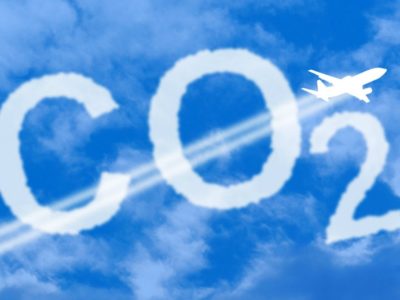The impacts of the Anthropocene
The Anthropocene will produce profound economic, social, and political effects on human societies
In my prior post, I explained how humans are increasingly altering or influencing natural systems at a planetary level, and not just through climate change. Now I want to explain a little about the impacts of those changes on human societies, and the implications of those impacts for how we will respond as societies to the Anthropocene.
It is increasingly apparent that climate change will have significant negative impacts on human societies around the world. Those negative impacts include increased risks of fire and drought because of longer, hotter summers (and drier winters); high mortality in many forests because of drought and beetle infestations in a warmer, drier climate; increased risks of flooding from extreme precipitation events because a warmer atmosphere can hold more moisture for large rain events; sea level rise; reduced agricultural output in the tropics and subtropics; deaths from extreme heat events, and more.
Those impacts together will cost hundreds of billions of dollars for society to adapt to. And that assumes that many countries will have the resources to adapt. But for many poor countries, adaptation will not be feasible, and the outcome may be significant economic and social decline, even collapse. Sea level rise in countries such as Bangladesh may create tens of millions of refugees, dwarfing the refugee crisis from the Syrian civil war that has caused great political impacts on the Middle East and Europe. Large-scale migration may prompt significant violence and conflict, which in turn will aggravate the negative economic and social impacts of climate change. And so on.
Other human changes to natural systems may have similarly major impacts on human societies. For instance, ocean acidification may cause significant drops in fisheries, which provide 17% of global protein.
My goal here is not to exhaustively describe all the impacts of climate change and other human changes to natural systems — there is a rich scientific and policy literature exploring these questions. Instead I simply want to point out that climate change and other human changes to natural systems will cause major impacts on human societies, polities, and economies – and that will necessarily produce some sort of human response, including a legal one. Even if we do nothing to control greenhouse gas emissions, for instance, inevitably we will be faced with adapting to changes such as sea level rise and human migration in response to sea level rise. (For a alarming description of what sea level rise may due to Jakarta, Indonesia’s largest city, see this New York Times article.)
What will the human response to the impacts of the Anthropocene mean for our legal system? I will explore that in my next blog post.
(A link to my law review article that is the basis for these posts is here. That article has a lot of good citations for the summary I’ve given above, along with more details.)







Reader Comments